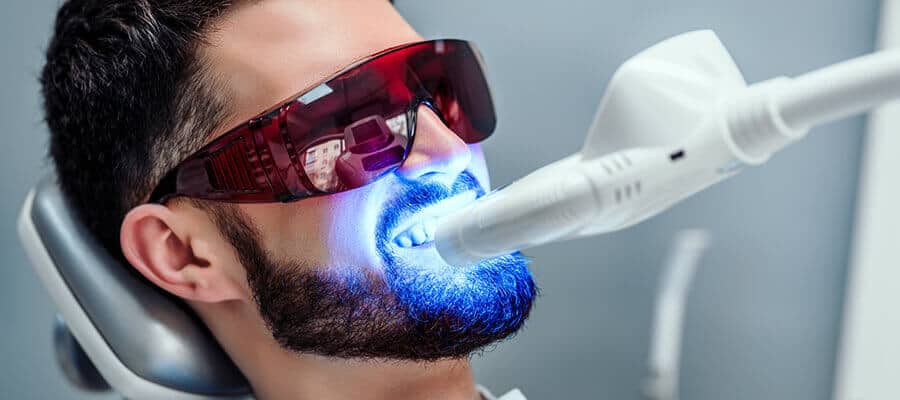A preventive program is a cooperative effort by the patient, dentist, and dental staff to preserve the natural dentition and supporting structures by preventing the onset, progress, and recurrence of dental diseases and conditions.
Preventing dental disease starts at home with good oral hygiene and a balanced diet. It is continued in the dental office by the efforts of your dentist and dental hygienist to promote, restore, and maintain your oral health.
Prevention also includes regular dental exams, cleanings, and x-rays. Sealants and fluoride are also great preventive treatments that help protect the teeth.
Prevention helps avoid serious and costly dental problems and is the key to having a healthy, confident, beautiful smile.
FAQs
What is preventative dentistry?

Preventative dentistry focuses on maintaining oral health to prevent the onset of dental issues such as cavities, gum disease, and enamel wear. It combines regular dental check-ups with good oral hygiene practices at home.
How often should I visit Dr. Rader for preventive care?
Regular visits to Dr. Rader are crucial. In general, it is recommended to see him at least twice a year for cleanings and check-ups, although he might suggest more frequent visits depending on your specific oral health needs.
What are some daily practices I can adopt to improve my oral health?
To ensure your mouth remains healthy, brush your teeth using a fluoride toothpaste twice a day, floss regularly, and use mouthwash to reduce harmful bacteria. Avoiding sugary snacks and drinks can also significantly decrease the risk of cavities and gum disease.
Can diet influence oral health?
Yes, your diet plays a critical role in oral health. Foods and drinks that are high in sugar and carbohydrates can contribute to tooth decay and gum disease. It’s beneficial to include crunchy fruits and vegetables in your diet, as they help clean your teeth and gums.
Are there products available to help with preventive dental care?
There are various products available to aid in maintaining oral health, including specialized toothpastes for sensitive teeth or gum protection, electric toothbrushes that can be more effective in removing plaque, and interdental brushes or flossers for cleaning between your teeth.
What role does fluoride play in preventive dentistry?

Fluoride helps to harden tooth enamel and reduce the risk of decay. It can be found in most over-the-counter toothpastes and is also often present in your local water supply. Dr. Rader might recommend higher fluoride treatments if he thinks you are at increased risk of cavities.
How can I protect my teeth from acid erosion?
To protect your teeth from the effects of acid, limit acidic drinks like sodas, citrus juices, and wine. Using a straw can help the liquid bypass the teeth; also, waiting at least 30 minutes to brush after having acidic foods or drinks can also minimize enamel erosion.
What is the importance of saliva in oral health?
Saliva plays a key role in oral health by neutralizing acids produced by bacteria in the mouth, aiding digestion, and providing disease-fighting substances throughout the mouth.
How can smoking affect my oral health?
Smoking and using other tobacco products can significantly impact multiple aspects of your health. When it comes to the health of your smile, tobacco use can lead to gum disease, tooth loss, and more severe medical conditions like oral cancer. Giving up tobacco products is one of the most effective actions you can take to safeguard your oral health.
What should I do if I have sensitive teeth?
If you, like many patients, experience tooth sensitivity, you can rest assured knowing that this does not have to negatively impact your life. For sensitive teeth, use desensitizing toothpaste and avoid acidic foods and drinks. If sensitivity persists, it might be a sign of a more serious condition, so a visit to see Dr. Rader is recommended.






